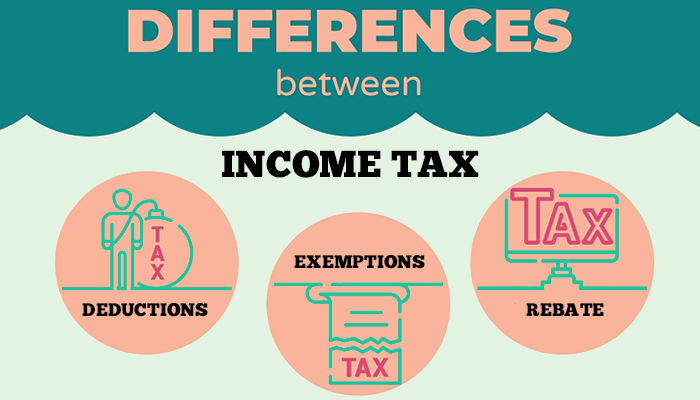
 What is a tax exemption?
What is a tax exemption?
A tax exemption refers to the exclusion of certain income, investments, or expenses from being subject to taxes. Governments grant tax exemptions to encourage specific activities or provide benefits to particular groups of taxpayers.
For instance, in India, under Section 80TTA of the Income Tax Act, the interest earned on a savings account up to Rs. 10,000 is exempt from taxation.
A tax concession denotes a reduction in tax liability offered by the government for specific activities or groups of taxpayers. Tax concessions can take various forms, such as lower tax rates, deductions, or exemptions.
For example, in India, senior citizens aged 60 years and above are eligible for a higher exemption limit on their income compared to non-senior citizens.
A tax rebate involves the refund of a portion of the taxes paid by an individual or entity. Governments provide tax rebates to incentivize particular activities or offer benefits to certain groups of taxpayers.
For instance, in India, under Section 87A of the Income Tax Act, individuals with a total income of up to Rs. 5 lakh are eligible for a tax rebate of up to Rs. 12,500.
FAQs:
For more information visit this site: https://www.incometax.gov.in

For further details access our website: https://vibrantfinserv.com
